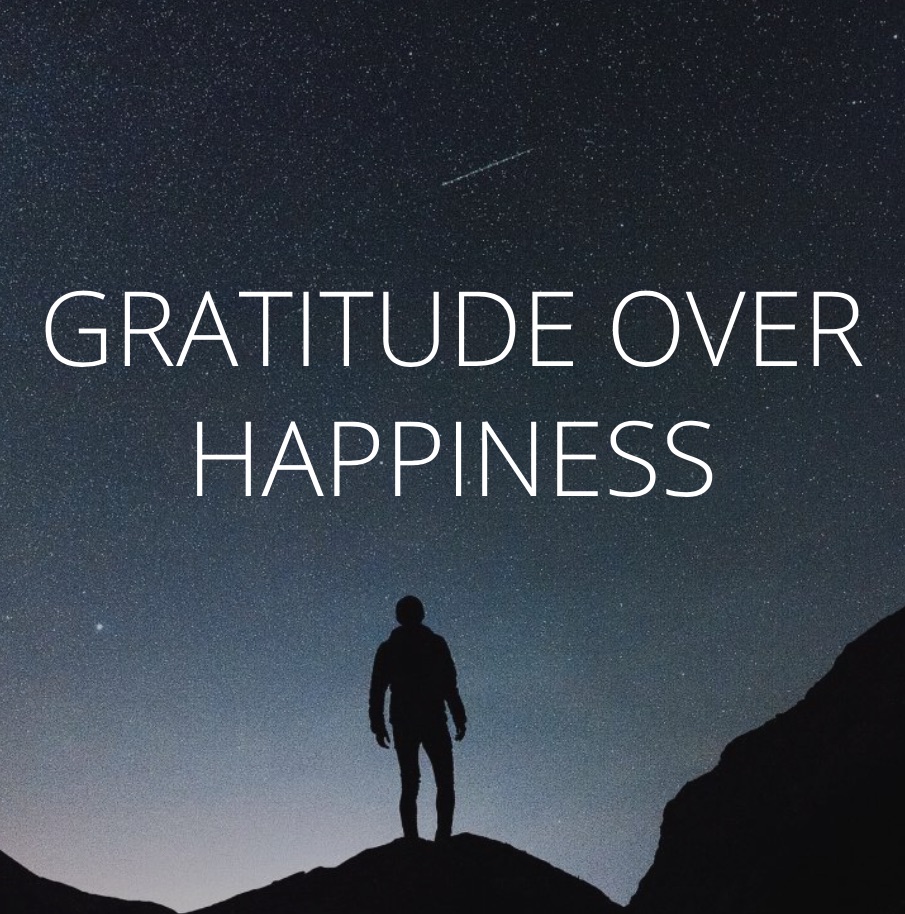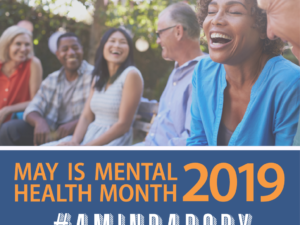Originally posted on The Wandering Writer Blog by Anna Ferguson on September 5, 2019. Shared with permission by the author.
September 18, 2019
I think J.K. Rowling had it right when she explained how the dementors she created in the third Harry Potter book, Harry Potter and the Prisoner of Azkaban, symbolize depression. Rowling herself has struggled with depression, so there’s real experience there behind that symbolism. The cold, the dread, the darkness–the feeling like you will never be happy again. Even being taken over by dark, painful thoughts.The dementors bring all of these things to the person they attack or the prisoners they guard at Azkaban Prison. In Harry’s third year at Hogwarts School of Witchcraft and Wizardry, dementors are brought in to guard the school against an escaped prisoner, Sirius Black. For whatever reason, they particularly enjoy going after innocent Harry, and throughout the book you see Harry learning how to live and deal with them, how to fight back.

As someone living with depression, I find myself grappling with these same questions that Harry has, albeit his coming from the whole dementor thing: How do I deal with the heaviness and deep sadness, the loss of interest or joy in literally everything, the dread that comes with having to actually do something, the horrible thought–as I become worn down by weeks of this–that I won’t be happy again, that there’s no point to life? As much as I would like to think that maybe one day my episodes of depression will become rare, for the time being they are nearly cyclical. I go a few weeks, sometimes even a month (!), feeling really good, feeling like myself again, only to sink back into what feels like a dementor attack for the next couple weeks.
So the question for me has become, how do I live with this? How do I live with this?
The truth is, I don’t know yet. I’ve been living with and through my depression for a few years now, but it’s felt more like slogging through time barely surviving, being worn down again and again and again rather than actually living. I can fight the heaviness and dark thoughts and deep pain the first few days, can usually see it for what it is, depression, rather than being punished by God or having messed something up or done something wrong. But gradually as it all drags on without much relief, it gets harder to fight. I begin to think I’m on my own, that I’m a burden to others, that I will feel like this forever. I begin to wonder whether life is really worth living through this deep pain. I can read the list on my phone of reasons to live, of things that bring me happiness, but I can’t feel that happiness. I can try to do the things that usually help me feel better or more at peace–getting outside, exercising, being with friends, cooking, reading–but having to fight the dread and the exhaustion and the not wanting to do anything whatsoever is draining. I can remind myself that God is with me in this, but that’s all it is, a reminder, not a comfort, not something I can connect to or feel. And that’s hard.
I find myself thinking about happiness a lot. Thinking about what it was like to feel it, wondering when I’ll feel it again, if that’s even possible, if anyone is really, truly happy–all that thinking turns happiness into something I’m constantly chasing. I just want to feel a little bit of it again. I just want to get to the place where it’s a little more sustained, a little more frequent. What does it mean to remember that I’ll feel it again but to not feel it for so long? I can rely on my head to remind me that I have been happy before and that eventually I’ll feel happy again, but as a strong feeler, those reminders mean very little when my felt reality is so painful. The pain drowns it all out until I begin to believe in it more than the fact that it won’t last, that God is with me, that I am not alone, that I am not a burden.
How do I live with this?
The only thing that I have found that pulls me out or offers some moment of relief is gratitude, deep, deep gratitude, the kind that comes when I am met in these intensely painful, dark moments and loved there. It takes courageous vulnerability to reach out in those moments, to let others love me there. It means receiving, letting myself be carried, when I would much rather be the one giving and carrying. These things, this being vulnerable and receiving, I am still learning how to do. Finally, it means remembering that kind of love and connection and in doing so practicing gratitude.
The solution is not happiness, though happiness is not bad (and it’s still something I enjoy feeling). Trying to attain happiness while I’m depressed just feels like constantly running, striving for this thing just out of reach. Even when I can feel it just a bit, it’s not enough on its own. It’s not deep enough or strong enough to lean on. And it’s fleeting.
Gratitude, on the other hand, is always possible. And if I intentionally pause to be grateful, I remember the people who love me most, I remember how important those connections are, and I begin to feel courageous enough to reach out again, to be vulnerable with them.
Maybe that is the great lesson in all of this, maybe that is how I live with this, maybe that is how we all truly live, maybe that is, in the end, the only way we can continue living as our hearts are broken open again and again and again: by being vulnerable with each other and being loved and loving in our vulnerability. It’s connection, vulnerability and gratitude that foster something greater than happiness: real, authentic joy, love. Life.
-Anna Ferguson





